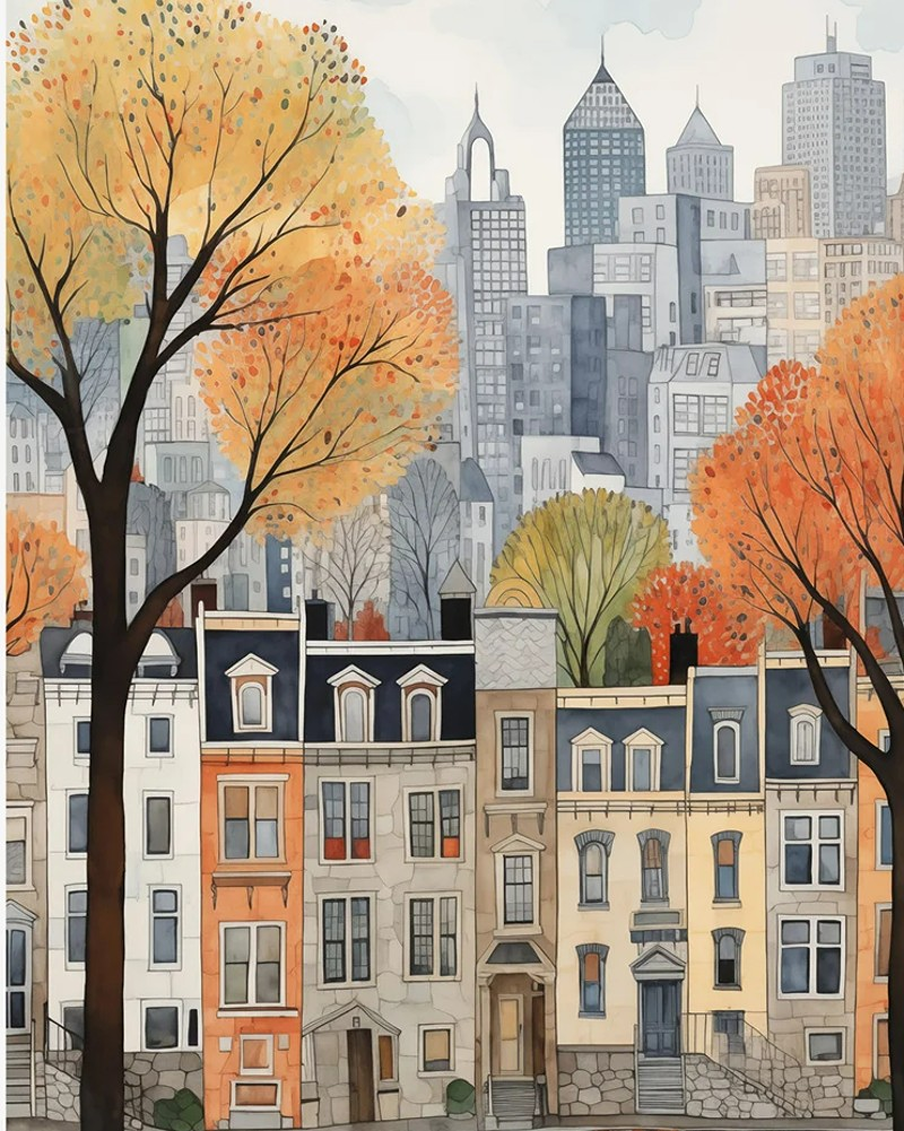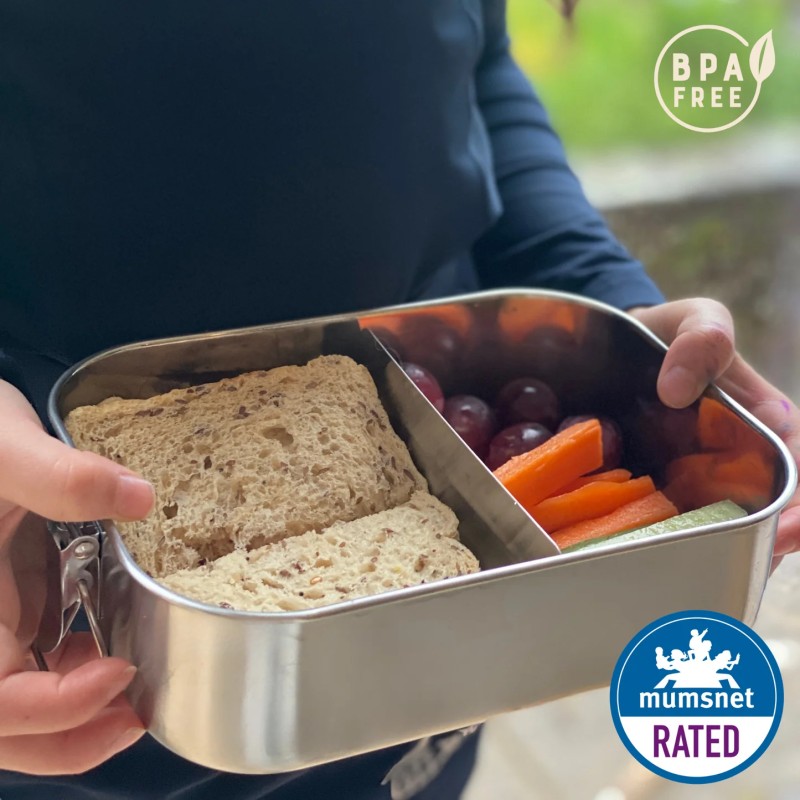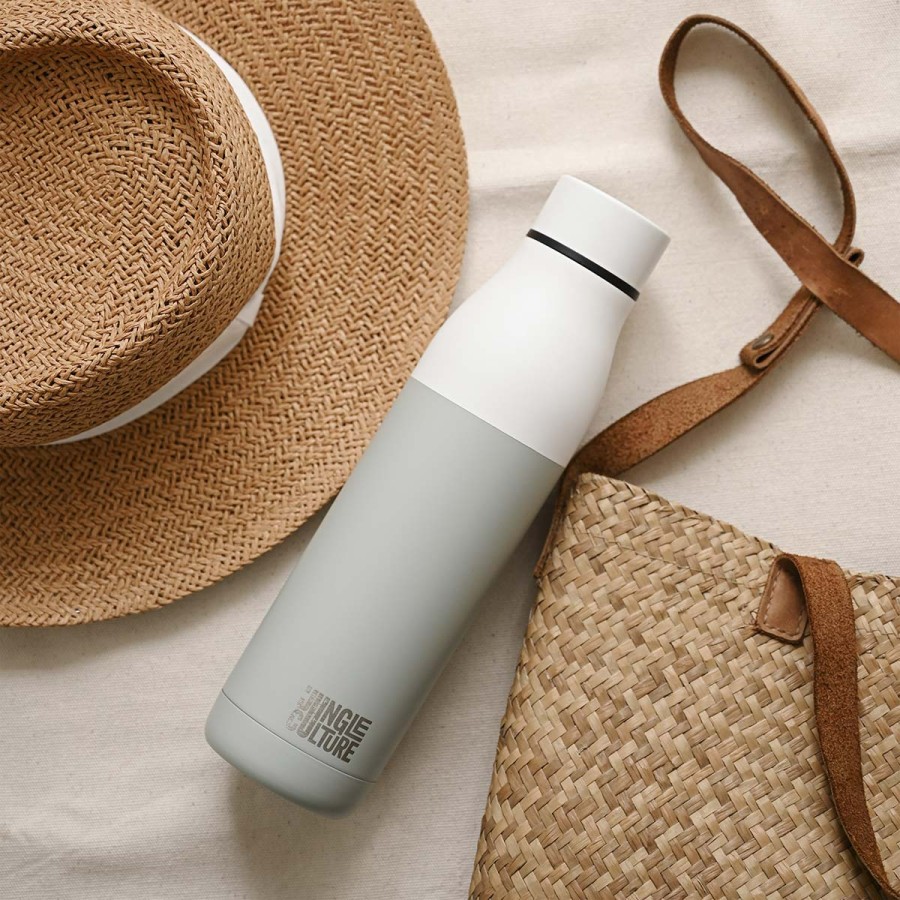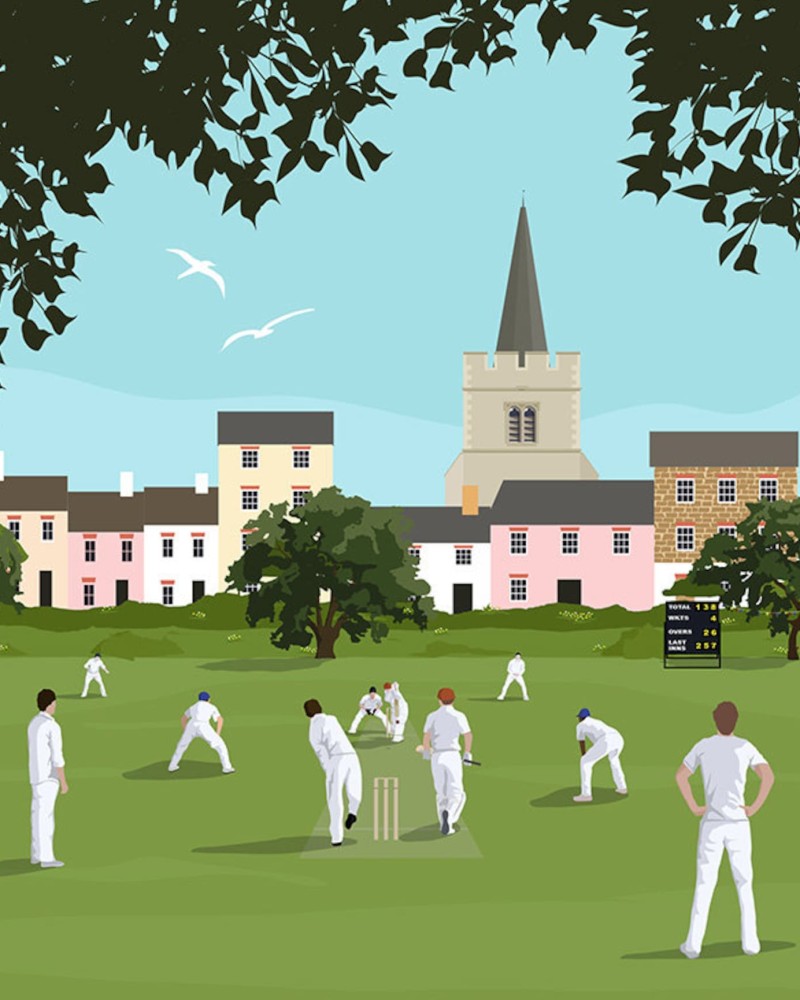Is It Really Possible to Live Zero Waste?

The term ‘zero waste’ is popular these days (adding two new words of ‘refuse’ and ‘rot’ to the known mantra of ‘reduce, reuse, recycle’. But in this day and age, is it really possible to live a zero waste life? The truth is probably not. But as chef Anne-Marie Bonneau wrote:
We don’t need a few people doing zero waste perfectly. We need billions of people doing it imperfectly’.
The Internet is awash with people who generate ‘one small plastic bag’s worth of waste each year’.
It’s commendable, but not realistic for most people who have to rely on local supermarkets and perhaps don’t have the time, resources or good health to make everything from scratch.
Like those people who literally live on no money (bartering for homes and food), these are nice ideas to inspire, but the average person is not going to live this way. It’s more helpful en-masse to live simpler lives that are also enjoyable, to inspire those around them to do the same.
We’d all love to skip to the organic farmers’ market and buy bunches of loose carrots, then walk home to a zero waste kitchen spend the afternoon making soup. But most people don’t live within walking distance of a market or zero waste shop. The best thing is just to do what you.
If we all do this, collectively it will affect the economy so much that MPs and big business will have to take notice, and change the way they do things.
It’s happened with Sir David Attenborough’s programs and Veganuary – now let’s see if we can get big supermarkets offering refill stations and zero-waste packaging!
Zero Waste Must be Affordable to Work
Once, writer George Monbiot was sitting on a train and his fellow passenger was reading a book on ‘the simple organic life’ written by the then-wife of a well-known environmental campaigner.
He was bored so asked to take a peek. After a few pages, he noted ‘this is for people who don’t go out to work, isn’t it?’ The book actually had good reviews.
Yet 14 years after being published, the writer sells £600-odd real (not recycled) diamond charms online and endorses Prada handbags (a brand ranked ‘not good enough’ on environmental and animal welfare grounds at Good On You).
The problem with terms like ‘zero waste’ is that eventually we all fall off the wagon. Caught short on a hot day without a reusable water bottle, or buying a needed ingredient for a recipe (only sold in plastic).
Or perhaps you need medicine for a relative/pet, you’re obviously not going to refuse that. Aspire to a ‘simple sustainable life’ rather than perfection. Then don’t feel guilty if you get something wrong. Just get back on the train and keep going!
Meet Philadelphia’s Zero Waste Mayor

If you thought a typical Mayor wears a big hat and shakes a bell, like a town crier, meet a more visionary kind of Mayor in the US city of Philadelphia (the ‘city of brotherly love’ is just 1.5 hours from New York). Waste Free Philly is the website of a new kind of politician, and one we could emulate.
Whereas our city council websites just have oodles of confusing recycling information, this Mayor has developed a manifesto, determined to remove all litter from the streets, and stop it coming back again.
Local businesses are getting involved to rent out tabletop linen (rather than buy), cleaning up community parks in volunteer efforts and renting out toys to children.
Rather than just pen-pushers doing greenwash bulletins, this city is planning to appoint an Officer of Zero Waste, staffed by sustainability experts who know what they’re doing. It’s also going to tackle illegal dumping and aim to make the streets completely trash-free within a few years.
The city’s band of SWEEP officers are trained uniformed civilians (a bit like ‘special constables’) who train local people about the laws (it’s illegal not to recycle) and can issue fines. They patrol the streets to enforce litter laws, so you’d never get what happens here.
The city of Philadelphia is the largest in the state of Pennsylvania, and not far from New York City. Founded by Quakers, it has around the same population as London, so what can we learn from it?
One is that its mayor has a zero waste policy, and this is the politician’s primary goal (instead of infighting over whether Mayors are ruled by certain religions etc). In fact, the city’s founder William Penn was a campaigner for religious freedom, and would no doubt not be amused by today’s politics in his home country.
Wissahickon Valley Park is one of the largest urban parks in the world, and contains a car-free road for long walks. Forbidden Drive is a trail named after a campaign by 12,000 walkers to stop cars using it. Each year there is a parade to celebrate their victory.
It’s a nice city with many fans. Lonely Planet travel guides rank this as the best city in the USA to visit. And like many pleasant cities, it’s designed on a grid system with long straight streets running east-west and north-south, which makes it very easy to get around by foot (no having to walk miles to take a short journey ‘as the crow flies’ that sometimes happens in England).






